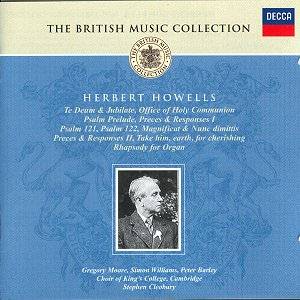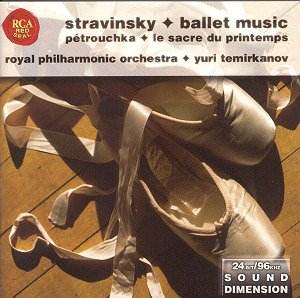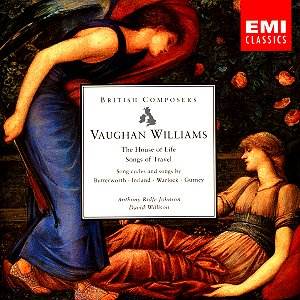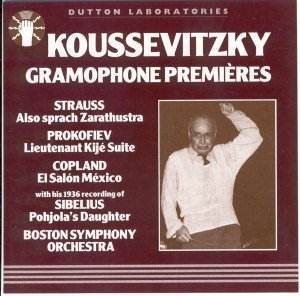 Composer: Herbert Howells
Composer: Herbert Howells
Works: Te Deum & Jubilate, Office of Holy Communion, Psalm Prelude, Opus 32 No. 2, Preces & Responses I & II, Psalm 121, Psalm 122, Magnificat & Nunc Dimittis, Take Him, Earth, for Cherishing, Rhapsody for Organ, Opus 17 No. 3
Performers: Choir of King’s College, Cambridge, Stephen Cleobury (conductor), Simon Williams (tenor), Peter Barley (organ)
Recording: 1989, Decca DECCA 470 194 2 [78.28]
Label: Decca
The music of Herbert Howells occupies a unique and revered position within the English choral tradition, particularly in the context of his sacred works, which resonate with the spiritual and cultural ethos of the 20th century. This recording, part of Decca’s British Music Collection, brings together a selection of Howells’s liturgical compositions that not only exemplify his mastery of choral writing but also reflect the emotional depth and nuanced textures that characterize his oeuvre. Although Howells’s catalog extends beyond this sacred repertoire, the pieces featured here—many composed for the Choir of King’s College, Cambridge—serve as a microcosm of his artistry, revealing both the intimate and grand aspects of the choral tradition.
The performances on this disc are notable for their sensitivity and clarity, with Stephen Cleobury conducting the Choir of King’s College in a manner that highlights Howells’s intricate harmonies and lyrical lines. The ensemble’s sound is polished yet expressive, demonstrating a refined balance between precision and warmth. This is particularly evident in the “Te Deum & Jubilate,” where the choir navigates the work’s contrasting sections with deftness, transitioning seamlessly from jubilant exclamations to the more contemplative passages. The agility of the singers is complemented by tenor Simon Williams, whose contributions are both poignant and assured, particularly in the “Take Him, Earth, for Cherishing,” where his voice embodies the elegiac quality of the text, poignantly reflecting the sorrow of the post-Kennedy assassination landscape.
Peter Barley’s organ playing deserves special commendation, particularly in the “Rhapsody for Organ, Opus 17 No. 3.” His interpretation is marked by a rich variety of colors, illuminating Howells’s intricate counterpoint and providing a resonant foundation for the choral textures. Barley navigates the work’s complexities with virtuosity, employing registration choices that enhance the overall soundscape without overwhelming the choral elements. The recording quality is exemplary, capturing the spatial dynamics of King’s College Chapel and the resonant acoustics that contribute to the immersive experience of the music. The engineering allows for a clear delineation of voices and instruments, enabling the listener to appreciate the subtleties of both the choral and organ parts.
While the performances are largely commendable, there are moments when a fuller choral sound might have elevated the impact of certain pieces, particularly in the more climactic sections of the “Magnificat & Nunc Dimittis.” However, this is a minor quibble in an otherwise rewarding listening experience. The booklet notes, though somewhat sparse, provide a brief contextual framework for the works presented, allowing listeners to appreciate the historical significance of Howells’s contributions to English choral music.
Howells’s music, especially in this collection, transcends its liturgical origins, inviting broader engagement with its profound emotional and musical depths. The artistry displayed in this recording, coupled with the historical resonance of the works, underscores the importance of Howells’s contributions to the choral canon. This recording stands as a testament to the enduring power of his music, deserving of a place not only within ecclesiastical settings but also in the concert hall and the broader cultural discourse.



